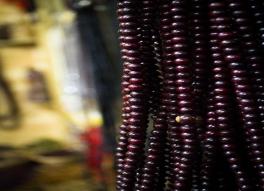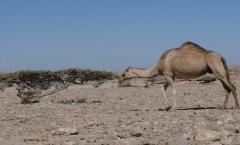Standard and Poor’s (S&P) announced yesterday that the $20 billion package pledged to the embattled countries of Bahrain and Oman by the GCC (Gulf Cooperation Council) may need to be augmented in order to achieve the desired result.
Creating Jobs Can Relieve the Tension
The aid package, which was promised earlier this month, will be distributed evenly between the two nations and will be used to create new infrastructure and develop housing projects, which will in turn create jobs and help bolster the economy, with the result ultimately being to calm the tensions these two countries are experiencing at the moment.
The concern of S&P is that the demonstrations and unrest will lead to a depression in the progress of the economies of those two countries.
“Protests and political instability are in our view likely to negatively affect economic performance and depress future growth prospects, particularly for Bahrain, in its role as an important financial center,” S&P said. “Oman will also likely be affected in this way. At this point, there remain questions as to whether or not GCC economic aid will be able to offset these political and reputational risks.”
Despite their doubts, S&P, which rates the credit risk of investments, still believes that the aid can improve those countries’ credit rating over the long haul.
Bahrain Risk Rating Reduced
Bahrain was already downgraded by three notches since the mass protests began there during February. Oman, which has had a less disruptive time, has not yet been downgraded, but S&P has Oman on watch. This is in line with the other major ratings agencies, Moody’s Investors Service and Fitch Ratings.
“We are of the view that the economic aid package, which we understand will be comprised of donations by GCC members, will not immediately affect Bahrain’s and Oman’s ratings or ratings outlooks,” S&P added.
“That said, we believe the package could contribute positively to the sovereigns’ creditworthiness over the medium to longer term.”



